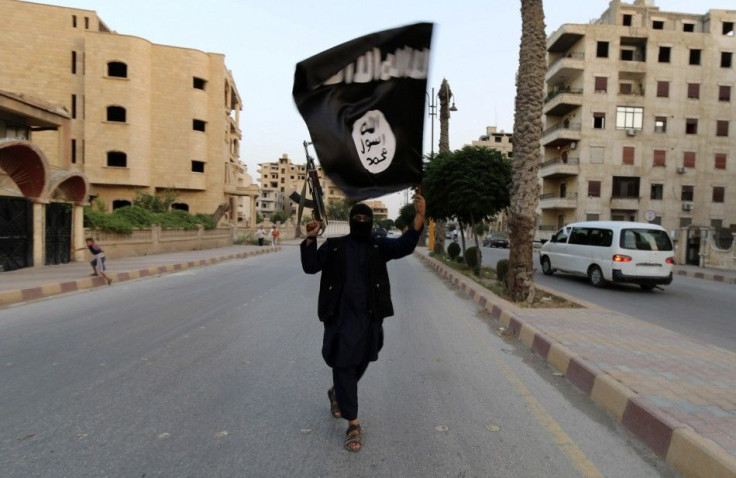ISIS Issues 'Non-negotiable' Journalists' Creed, Must Swear Allegiance or Otherwise Die

ISIS is working to solidify and legitimise its caliphate state. The extremist group has issued an 11-point creed for journalists who continue to work in rebel-led Deir Ezzor, an area located in eastern Syria.
Independent news site Syria Deeply, citing a certain Amer, a journalist in Deir Ezzor, reported that ISIS, through its so-called media staff, conducted a meeting with independent journalists "to state how [journalistic] work will be conducted after ISIS gained control of the Deir Ezzor governorate."
Furthering its intentions, the ISIS came out with a list of non-negotiable conditions that media people must follow if they wish to continue working in the governorate. The list effectively dictates how the local media should carry out its coverage of the blood-hungry radicals.
Immediately after the meeting, many local journalists opted to leave to other parts of Syria or to neighbouring countries because they couldn't stomach the crazy rules. Some, however, like Amer, chose to stay and abide by the censorship rules.
He said it was definitely a high risk, but someone still has to report the happenings within the ISIS bailiwick. He decided to be one of those persons reporting from within, whatever the cost.
To formalise his agreement to the rules, the ISIS made Amer sign a contract.
The 11-point ISIS rules for journalists:
1 - Correspondents must swear allegiance to the Caliph [Abu Bakr] al-Baghdadi ... they are subjects of the Islamic State and, as subjects, they are obliged to swear loyalty to their imam.
2 - Their work will be under the exclusive supervision of the [ISIS] media offices.
3 - Journalists can work directly with international news agencies (such as Reuters, AFP and AP), but they are to avoid all international and local satellite TV channels. They are forbidden to provide any exclusive material or have any contact (sound or image) with them in any capacity.
4 - Journalists are forbidden to work in any way with the TV channels placed on the blacklist of channels that fight against Islamic countries (such as Al-Arabiya, Al Jazeera and Orient). Violators will be held accountable.
5 - Journalists are allowed to cover events in the governorate with either written or still images without having to refer back to the [ISIS] media office. All published pieces and photos must carry the journalist's and photographer's names.
6 - Journalists are not allowed to publish any reportage (print or broadcast) without referring to the [ISIS] media office first.
7 - Journalists may have their own social media accounts and blogs to disseminate news and pictures. However, the ISIS media office must have the addresses and name handles of these accounts and pages.
8 - Journalists must abide by the regulations when taking photos within [ISIS territory] and avoid filming locations or security events where taking pictures is prohibited.
9 - ISIS media offices will follow up on the work of local journalists within [ISIS territory] and in the state media. Any violation of the rules in place will lead to suspending the journalist from his work, and he will be held accountable.
10 - The rules are not final and are subject to change at any time depending on the circumstances and the degree of cooperation between journalists and their commitment to their brothers in the ISIS media offices.
11 - Journalists are given a license to practice their work after submitting a license request at the [ISIS] media office.





















